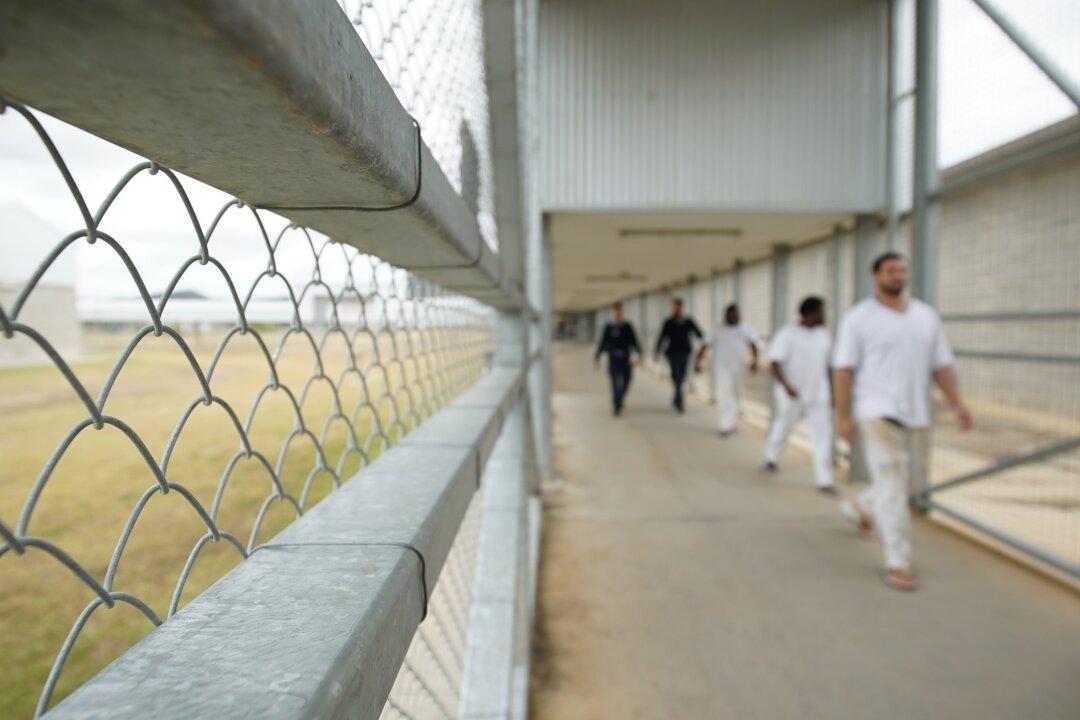Former Corrections Minister David Elliott of New South Wales (NSW) has said the state’s decision to reject a UN inspection under the Optional Protocol to the Convention Against Torture is because its detention facilities are already laden with oversight, and the UN group has penalised other countries for minor infractions.
The now-Transport Minister Elliott said that when the United Nations was established after World War II, there was no suggestion countries would have to “surrender their rights” to how they managed law and order.





